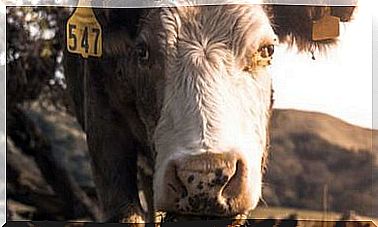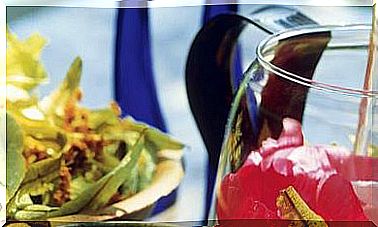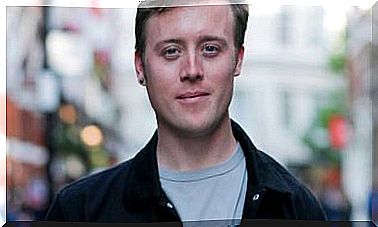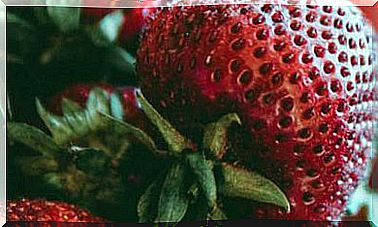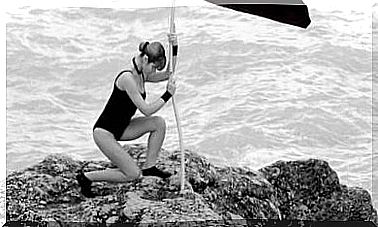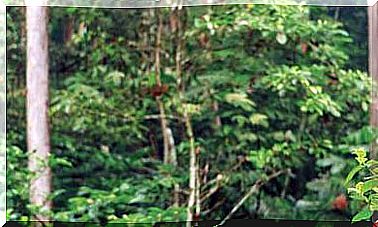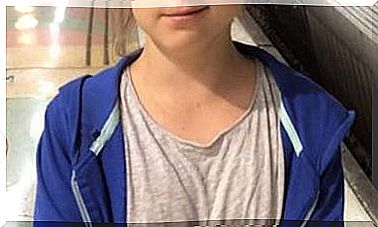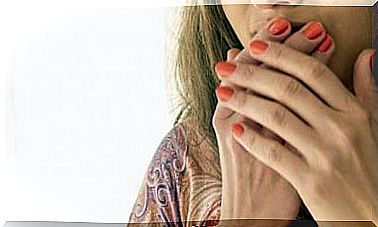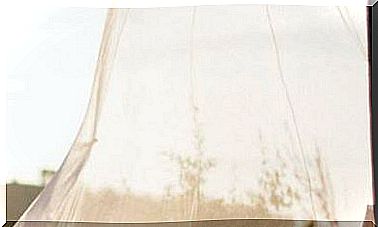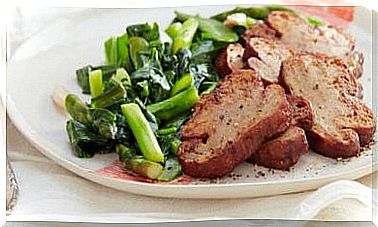Lucho Iglesias: “We Can Create Paradises On Earth”
For this passionate advocate of permaculture, cultivating the land well is the basis for taking good care of everything else. The way of life integrated with nature to which he dedicates his new documentary is based on this.
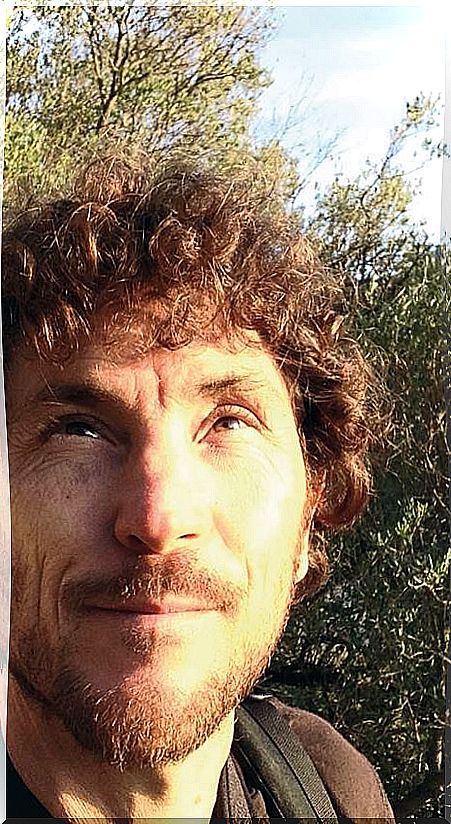
Utopia , a magic word that moves us forward, was chosen by Lucho Iglesias as the title for his first documentary (2008). Now he has just released Permanent Change, in which he tells us about the miracles that permaculture works on the earth and on people.
Lucho Iglesias is a graduate of the Academy of Permaculture of Great Britain, discovered permaculture in the nineties and has been practicing and studying Hygienism ever since. Since 2004 he has taught advanced introductory permaculture courses and courses certified by the English Academy.
His new documentary Permanent Change collects his testimony and that of his partner Matricia Lana, along with that of other people involved in the paradigm shift that permaculture implies.
Permaculture seen by Lucho Iglesias
In 2000, Lucho Iglesias and Matricia Lana bought an abandoned farm on the banks of the Rio Grande, between Coín and Málaga. There they founded Caña Dulce, a permaculture school, with the desire to be able to experiment and teach a sustainable way of life.
In Caña Dulce there are 6 or 7 people working daily in the fields and in a self-sufficient way. Permaculture is lived there by creating everything where there was nothing before : trees, buildings, orchards, energy …
“A dream for many people like us, who have been helped by volunteers, families, collaborators, neighbors, trainees …”, Lucho comments about the project. “Seeing the change is totally gratifying.”
—In your new documentary, you show an almost barren land turned into an orchard in a few years. What does permaculture have to achieve this transformation?
—The goal is to spread this dream come true. We wanted to show this holistic science, which changed my life and which covers different areas, because it tries to unite, create mutualisms, synergies …
It is wonderful because it consists of creating a culture of peace, of nurturing, because if we have healthy humans we will have healthy societies …
“I thought you would only talk about crops.” But you talk about upbringing, health, biodiversity, self-management…
—Yes, permaculture is essential, which is caring for the earth, since without it there is no caring for people and everything else.
We put a lot of emphasis there, because we believe that the paradigm shift begins with food, but from there we want to generate a culture that can last. Hence the contraction of “permanent” and “culture.”
“The paradigm shift begins with food, but from there we want to create a culture that can last.”
“Other people appear besides you.” Did you look for others who had experienced a similar change?
—They are people who are very committed to this paradigm shift. Some people, it is not known why, we have a parental devotion to nature and to our fellow human beings, and we spend a lot of time trying to improve things and get out of this destructive inertia with the environment and societies.
For me they are examples and I admire them a lot, like Sonia Rubio, who is an ecoheroine who gives everything for that transformation. Pedro [Burruezo], Ángeles [Parra], my own partner, Matricia, Karmelo Bizkarra …
—I think what Dr. Bizkarra says is remarkable: that health is only possible if we eat live food. In what are the foods that you grow in Caña Dulce better?
—I have been experimenting with hygienism and organic food for 25 years, and my experience tells me that eating fresh and good food gives you a better quality of life. And you feel it in your thoughts, in your mood, in your body …
“My experience tells me that eating fresh and good food gives you a better quality of life.”
– At one point you are seen experimenting with plant extracts and it is understood that it is not necessary to poison the earth or food … –
There are many lines of research in food production: organic farming, biodynamics, permaculture … And agriculture Ecological is a sophisticated science with an impressive formulary. We have solutions for everything without the need to poison ourselves with fungicides, insecticides and others.
“Could you give us an example about your way of experimenting?”
—One plant that makes us fall in love is the nettle, because it is multifunctional: you prevent insects from coming, but you do not kill them or kill the auxiliary fauna that preys on those insects. But above all, what we seek is to restore balance through functional biodiversity.
Nature has a principle of homeostasis, like our body: if you give it the chance, it is capable of regenerating and healing itself. For example, if you have an excess of slugs in a garden, a simple pond, like ours, with 20 frogs. Every night they eat countless slugs.
“Nature has a principle of homeostasis, like our body: if you give it the chance, it is capable of regenerating and healing itself.”
We love that in permaculture: creating shelters for predators, perches, nest boxes …
“What’s going on with the floors?”
—We have a very serious problem and it sums up the so-called regression process: every day we have more people, more births, and less arable land due to a process of erosion, of mistreatment of the soil.
We have melted the goose that lays the golden eggs by exploiting it to the fullest. When agribusiness arrives, for a few years it takes an important yield from these fertile lands, but this degrades, erodes and ultimately sends the fertile soil to the bottom of the sea. And this is going to lead us to a very delicate situation, because if we lose the ground we lose the game.
“Every day we have less arable land. We have melted the goose that lays the golden eggs by exploiting it to the fullest.”
This is well known by populations like Haiti, which due to colonial crops (cocoa, coffee, tea or sugar cane) have lost their fertile soils. And the people without soil are the poorest on the face of the earth.
Instead, you say that permaculture is a culture of peace, why?
—Because we live in a very warlike culture, with ourselves, the children, the elderly… we don’t want them at home. With food the same. It seems that we have everything, but apples, for example, have more than 30 chemical treatments.
It is essential to experience the ways to reach peace. And permaculture can be very helpful.
“We live in a very warlike culture, with ourselves, the children, the elderly … we don’t want them at home.”
“Is Permanent Change an invitation to question our way of life?”
—I am aware that permaculture is for a very small sector of society. But there are a lot of people who would love to be able to do something like that. Above all, I have thought that the message reaches that percentage that it can do something similar.
As it happened to me in its day, this information came to me and I said to myself: “This is what I would like, to create a paradise on Earth”, a place of great beauty. Because these spaces have that magic, but at the same time that functionality. They are a permanent source of inspiration.
As I say in the documentary, for me it is the art of all arts, because it is how I relate to the earth and my fellow men without attacking them and enhancing life as much as possible. That is why my main objective is to publicize permaculture.
